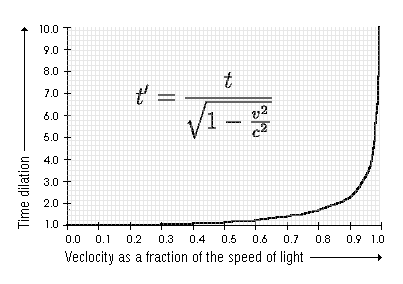So, let's assume you've cobbled together an interplanetary empire without using transportation methods that violate causality or have the power to blow up stars. You may feel pretty proud of yourself, until you realize a big problem: ship aren't arriving when you think they should; some return just after they left, while others come back decades or even centuries behind schedule. You're about to order someone executed when a friendly scientist stops by and explains to you that time is relative, and it moves differently in different reference frames. That's all well and good, you say, but how is anyone supposed to keep to a schedule when no two planets have clocks that tick at the same speed?
I realize that most planets would keep time their own way, and that should work pretty well for local schedules, but I'm more interested in how one could come up with an empirical measurement of time that everyone on all planets could agree on and use effectively. I'd really like it if both a source and a destination had one time that they could say a shipment would arrive, and that they could both be right without either side having to do too many calculations. Is there a way to make this possible?

